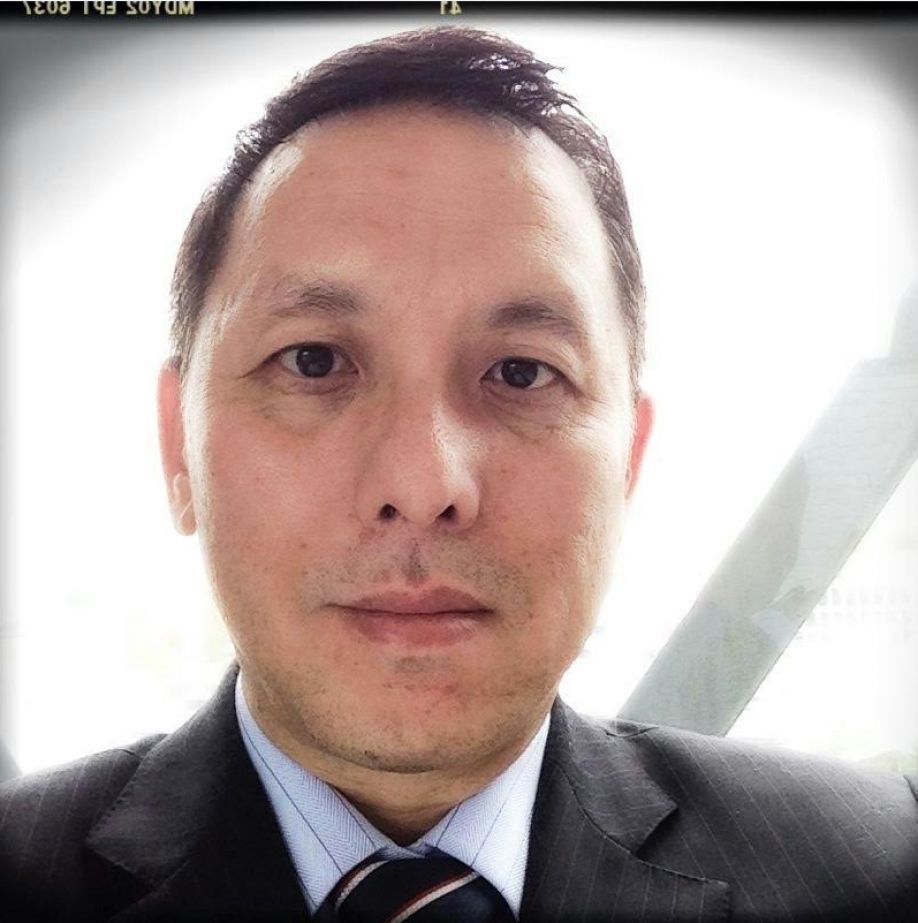
According to several offshore trust service providers, one of the important reasons that an increasing number of rich people from mainland China plan to set up offshore family trust funds is that they are afraid of the increasing investment risks brought by the drastic fluctuation of global financial market to their family wealth at present.
The latest statistical data of HSBC show that in the past year, only 16 of the 450 hedge funds tracked by HSBC achieved positive profits, accounting for less than 4%. Among others, some hedge funds designed to create excess return for rich families all over the world experienced a sharp drop in performance. For example, Trias L/S Fund, a fund product of Entrepreneur Partners in Zurich, Switzerland, suffered a loss of 26.9% in the past year. Cantab Capital, a hedge fund of GAM, a large-scale active asset management group in Zurich experienced a 23.1% loss on Investments, and BSF European Diversified Equity Absolute Return Fund of BlackRock Inc. suffered a loss of 19.9%.
“Such a serious loss of wealth is unbearable for many wealthy people around the world, including those in mainland China, who have to take offshore family trust as a haven for asset allocation.” According to a Hong Kong lawyer engaged in offshore family trust, since the stock market plunge in mid-October last year, the number of wealthy people from mainland China who consult him about offshore family trust increased a lot. He used to go to mainland China twice or three times a month to answer questions about offshore family trust asked by rich people there. Now, he goes to mainland China once per week.
Journalists from the 21st Century Business Herald have learned from multiple sources that the investment strategy underlying offshore family trust funds is entirely different from that of hedge fund and other asset management products, which are mainly designed to pursue excess earnings. The family trust mainly allocates its trust assets to high credit rating bonds and cross-cycle investment projects, thus diversifying investment risks, reducing the net value volatility of family trust assets, and preserving the value of wealth for a long term.
What’s more, even in Switzerland, some private bank partners which provide family trust services even bear “unlimited liabilities”. If the family trust assets under their management cannot “recover the loss” in a short term, they have to make up users’ loss of family trust assets with their own assets and profits. It forces them to be sufficiently rigorous in developing investment strategies and to increase the safety of investment with family trust assets to the greatest extent.
This lawyer also reveals that while designing offshore family trust funds to preserve the value of wealth for a long term, he has discovered that many wealthy people from mainland China have other “plans”.
For example, a rich man worried about that his family wealth has to be divided when any of his children divorces, so he planned to set up offshore family trust fund to isolate such risk as soon as possible. And another rich man planned to directly pass on his wealth to his granddaughter, so he intended to set up an offshore family trust and appoint his granddaughter as the beneficiary instead of his children.
Pursuit of isolating business risks appears indistinctly
It’s worth noting that many wealthy people from mainland China are confused about whether it is required to pay taxes in arrears when huge family wealth is included into offshore family trust fund.
“Many wealthy people from mainland China have asked similar questions. They knew that as Chinese tax authorities and other countries began to exchange tax-related information on financial accounts according to CRS terms, information on their assets included in offshore family trust funds would also be disclosed. So there existed the possibility that tax authorities could pursue the tax payment.” This lawyer revealed that he told them that before including the wealth of the settlor into offshore family trust, the offshore family trust management team would audit whether the source of wealth is legitimate and duty-paid. Unless the settlor conceals some illegal sources of wealth, tax authorities will not require supplementary payment of taxes on assets included in offshore family trust.
Journalist from the 21st Century Business Herald have learned that compared with supplementary payment of taxes, what worries rich people from mainland China more is whether the beneficiary of offshore family trust fund has to pay corresponding inheritance tax or individual income tax when he/she receives such huge wealth.
“Frankly speaking, new Chinese tax laws have no explicit provision on whether to include assets of offshore family trust funds into taxable items or not by far, so we have to wait for further guidelines promulgated by relevant authorities, ” said the above-mentioned lawyer. In fact, whether it is required to pay inheritance tax or individual income tax is closely linked to the nationality of the beneficiary. If the beneficiary has Chinese nationality, the duty to pay corresponding taxes in accordance with relevant Chinese tax laws cannot be exempted. However, by setting up offshore family trust, the beneficiary can realize tax deferral and maximize the inheritance of a family trust to the greatest extent.
Seen from the manager of the above-mentioned third party wealth management institution, a more pragmatic intent held by wealthy people who transfer their assets to offshore family trust funds one after another is to isolate individual wealth from business operation risks.
Courtesy of www.huanqiu.com.